Dec 14, 2023
10 Diligence Thoughts for the New Year
Diligence
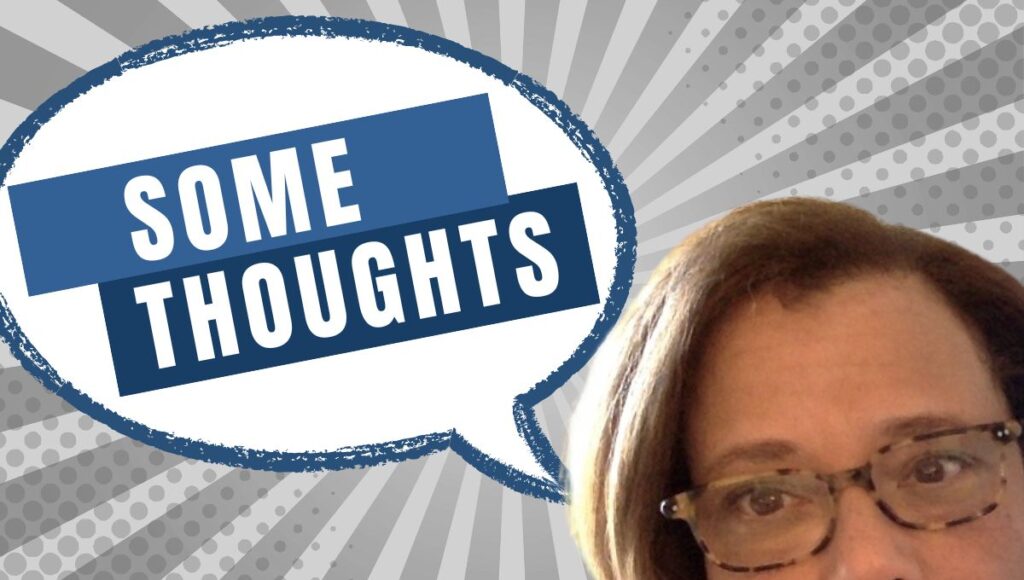
I have some diligence thoughts for the New Year. Feel free to use them and may this next year be the best diligence year ever!
Musings
I have performed a lot of diligence. Both the formal “due diligence” that surrounds transactions, investigations and compliance undertakings as well as the more casual, day to day search for bits of information that you need for the clarity to make a quick, or not so quick, decision or assessment of “something”. As a result, I have encountered a number of different topics associated with diligence and surprisingly, through all these years and all the projects there are some things that keep coming up in some form and the ideas have stayed with me.
I thought that it would be a good year end project for me to share my thoughts with you with the hope that something here is useful for your diligence as you go into this next year.
10 General Diligence Thoughts for Your Use
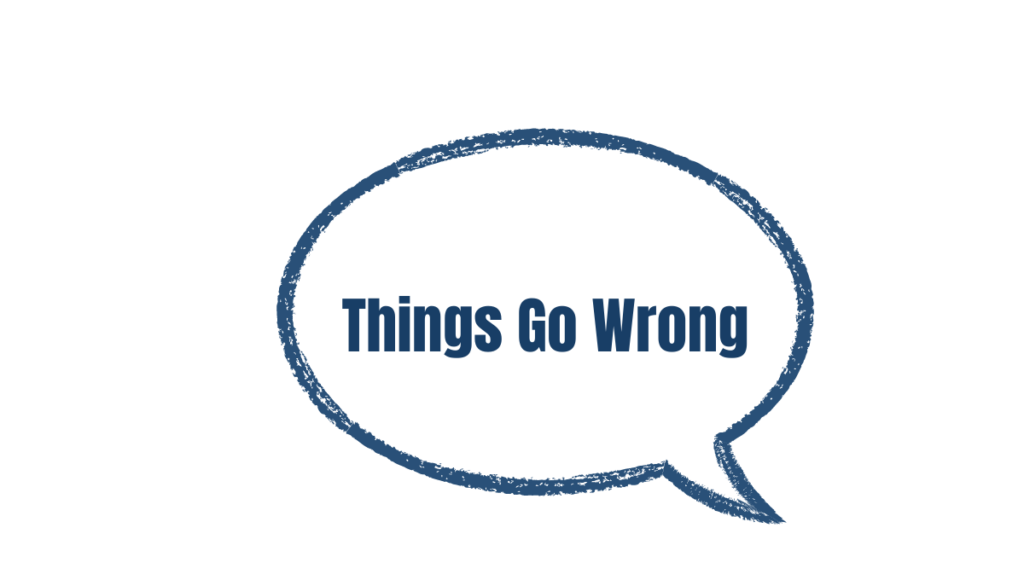
It Happens
It is inevitable that at some point, in some project, something goes wrong. Or maybe it just doesn’t go right? We don’t set out to have things go wrong but they do. Over the years I find that if something isn’t working right it may be not because of what you did do, but what you didn’t do. You didn’t follow a lead, or trust your gut, or even just ask a follow up question.
My learning – instead of asking yourself – what did I do for things to go wrong, ask yourself – what didn’t I do, and why?
This is also a good end of project question even if things are going well. Ask yourself before you wrap up your diligence – Is there anything I didn’t do? If so, why and is the reason good enough or do you need to go back and finish something.
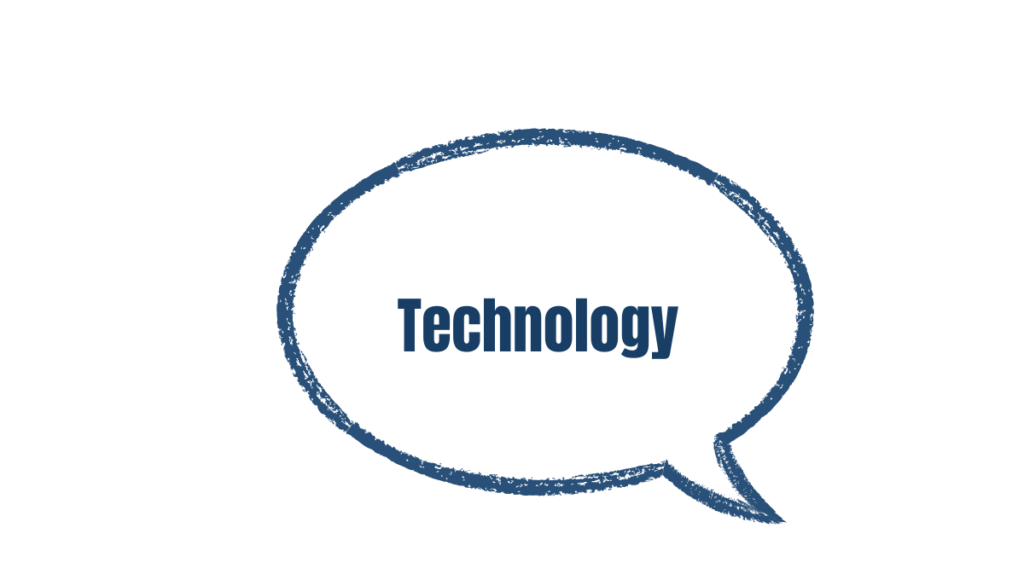
Is A Tool
Technology is wonderful.
I know what it was like to perform diligence without most of today’s technology. There is so much more available, so much more speed, so much more accessibility, so many more software applications that can do things for you. But, there is also a trap.
The trap is the belief that technology solves your problem by providing all the answers. Technology, at least as it exists today, doesn’t solve your problems, but it is a tool that helps you solve your problems and get to answers. This means you are in control of the thought processes that lead you to (i) use the technology and (ii) interpret the outcomes and take action.
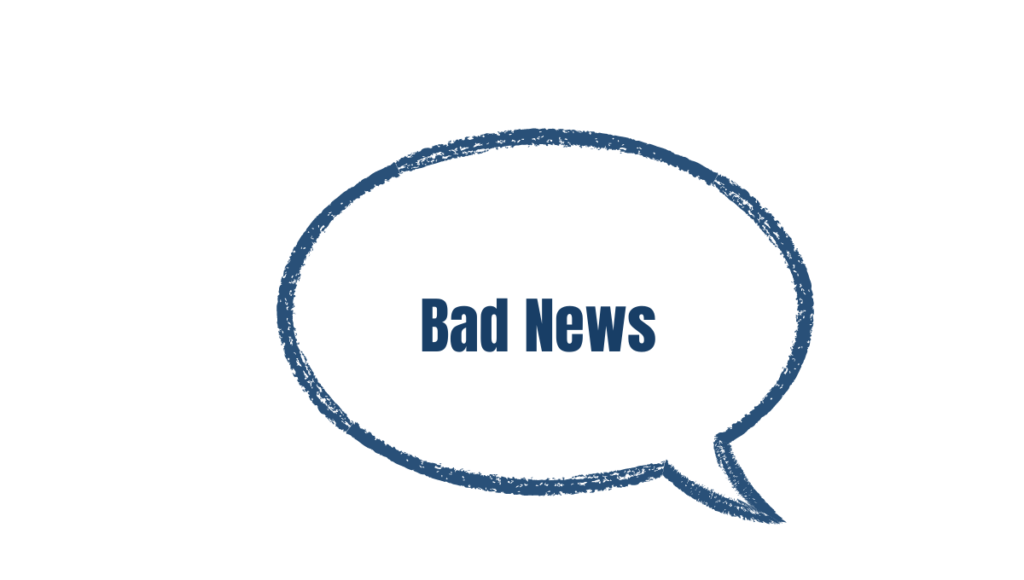
But Not Always For You
Government sites, regulatory feeds, the news, all these sources are full of bad news.
News about diligence failures, compliance lapses, regulatory actions, reputation loss, cybersecurity breaches. It feels inevitable – if you operate in certain industries, use certain technologies (like the Internet) or operate internationally – you will get into trouble.
Not true. You are still in control of your behavior and all that bad news can be good news for you if you treat it the correct way.
Bad news for others is a learning opportunity for you. Become a student of what can go wrong. Understand the lapses and the failures. Learn to spot issues, see red flags, identify inconsistency and do it using other people’s bad news so that you don’t end up as the bad news example.
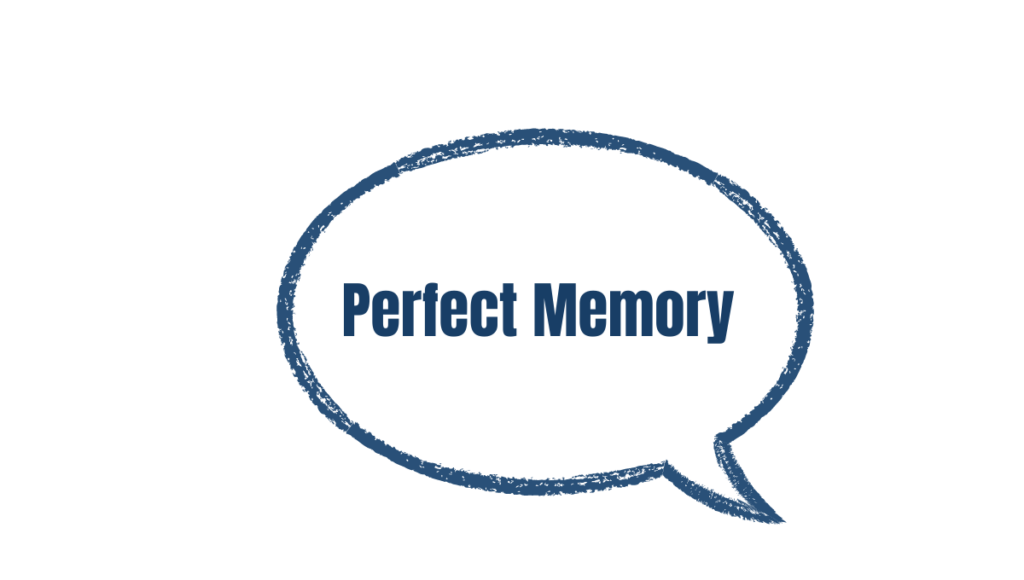
No Such Thing – At Least For Us Humans
You will not remember everything. You may not remember it in five minutes. And if you do remember it, can you still remember it in a year, two or five. And what will you remember? All the facts, the reasoning, the contact information of sources. If a regulator, the court (judicial or public) wants to understand your choices, can you lead them through the process.
You have to have a system to counter the fact that we don’t have perfect memory. It can be as complex as a knowledge management capture system or as simple as a pen and an index card.
I am not saying that a computer and a card have the same capabilities, they don’t. But if all you have is a pen and a card use it to record what you need. And a final caution, make sure that you know what your organization, industry and the law expect you to memorialize.
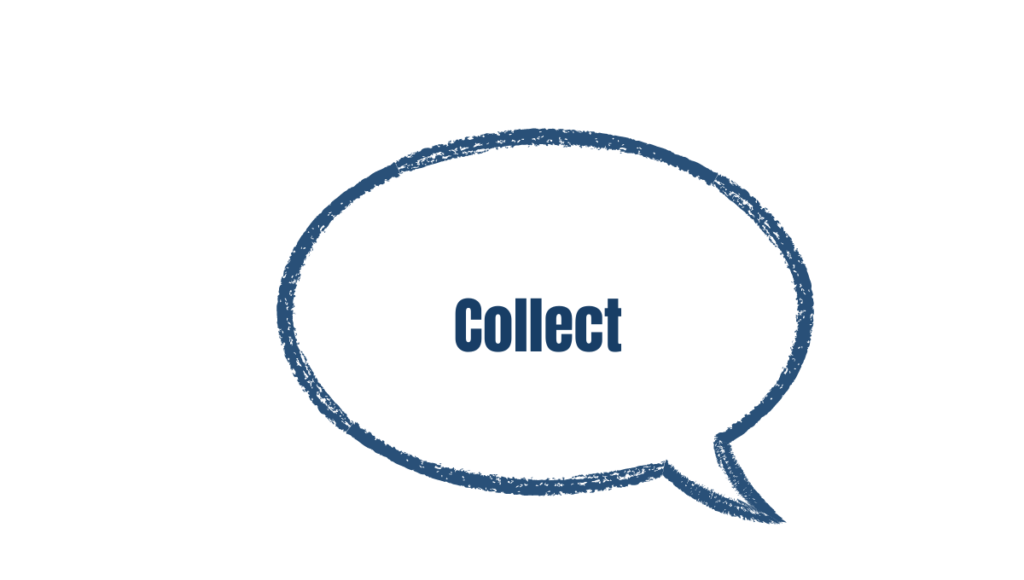
Become Your Own Knowledge Management System
You don’t always have to start over. Instead you should build on what you know. From project to project collect whatever will make your future easier. That is the idea of a knowledge management system. The system identifies, captures, organizes and accesses information as needed by the users.
If the system keeps doing this then over time it builds a powerful collection of information that is used time and time again. If you have access to that type of system use it. Not just for output but also to contribute input.
If you don’t have such a system make your own simple system. Start a spreadsheet, make a simple database, get index cards and a box. Record sites that you use, contact information for experts, blogs that you read, podcasts that you listen to, social media communities that are insightful. Keep adding to it so that you build your own resources.
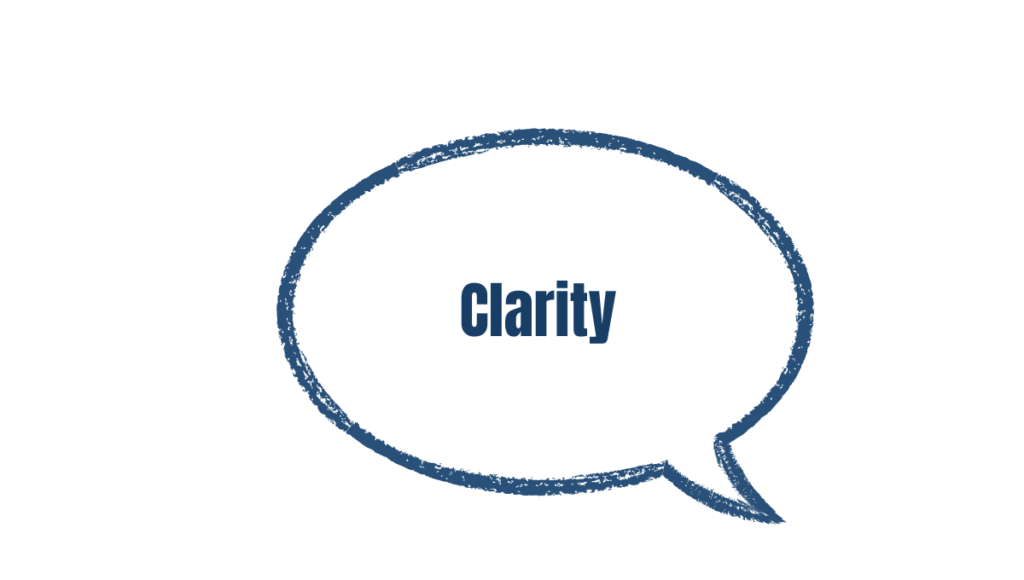
Value Clarity
When performing diligence truth is a noble pursuit but often illusive. Instead strive for clarity. The goal of diligence is clarity.
It is clarity that you need to make the decisions that fuel your business. What is the difference between truth and clarity? Truth means you have found a fact, a certainty. Clarity means you have reached an understanding.
It is possible to look for the truth and fail to find it, but that failure is itself a point of clarity. The fact that you cannot find the truth is information. So seek clarity.
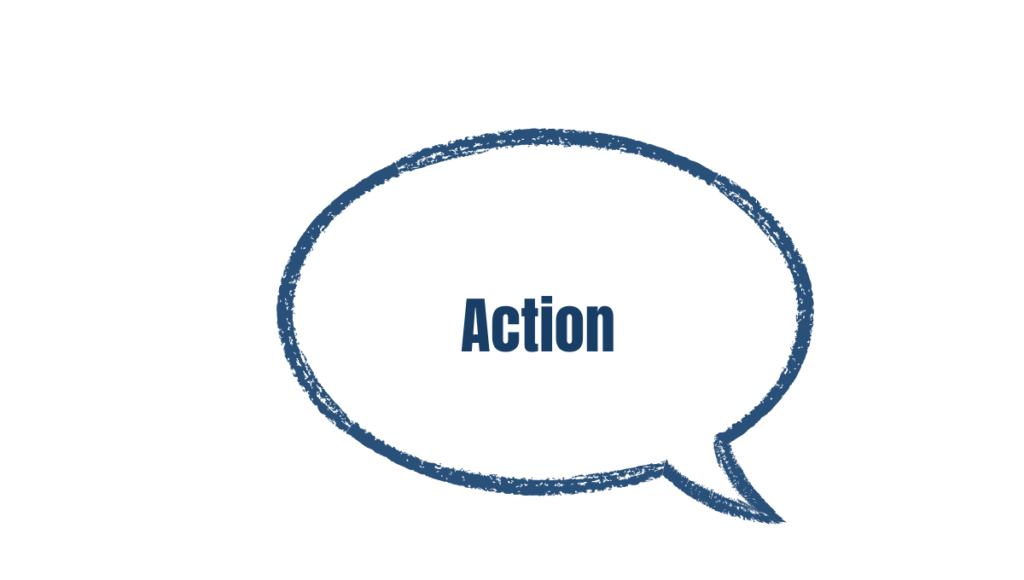
Take Action
Thinking is important but meaningless if you don’t take action. It is possible to get so caught up brainstorming, debating and analyzing that you don’t actually take any action or you fail to take all needed actions. You ask for contact information but don’t follow up. You receive a spreadsheet but don’t check it, you do research but don’t use what you find. Diligence isn’t just thinking. It is thinking and acting.
When the time comes to reflect on where you are in a diligence project ask yourself – does my thinking correspond to an action. If not – why not and what should I be doing?
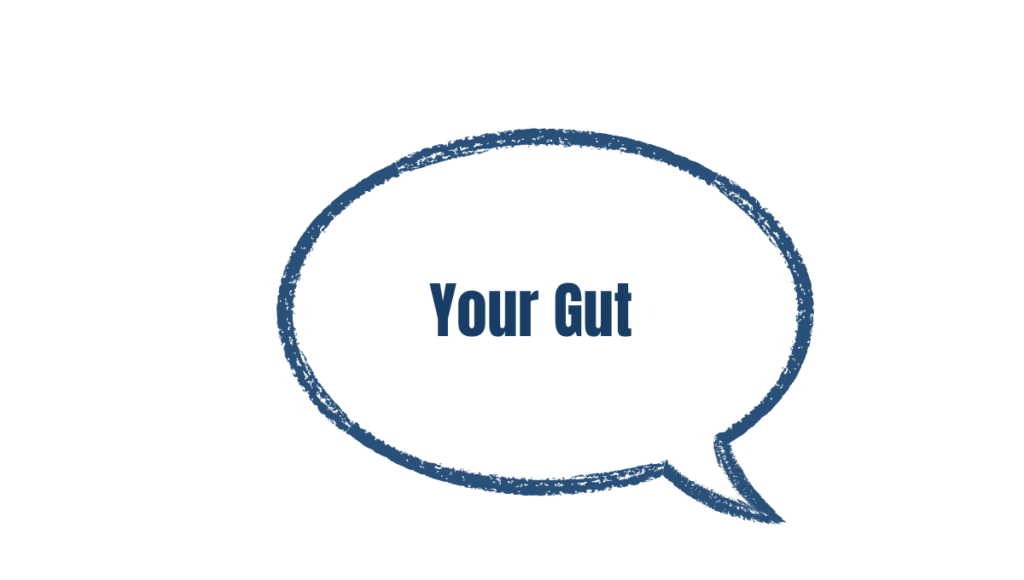
Guts are Important
Gut feelings matter. Your gut isn’t a figment of your imagination. It is the embodiment of your past experience, knowledge and wisdom. You may not be able to trace exactly where your gut feelings come from, but they are worth paying attention to.
Start by actually specifically paying attention to your gut? Is it telling you something? What? How can you react? Sometimes you have to sit with a gut feeling to understand it. Just don’t automatically dismiss it. Instead treat it as another input to be examined and followed up on.
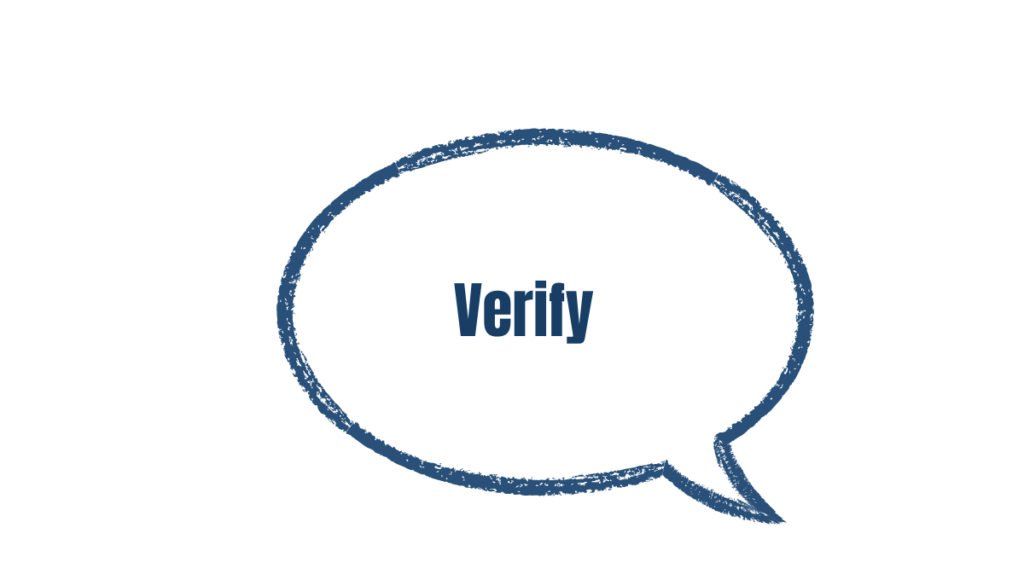
When in Doubt
Verify.
Verify means that you look for another source to back up or validate what you have found. If something seems incomplete, unclear, not trustworthy, or your gut is telling you there something seems off – verify. There is no downside to verifying what you find. And if you can’t verify, that means something as well!
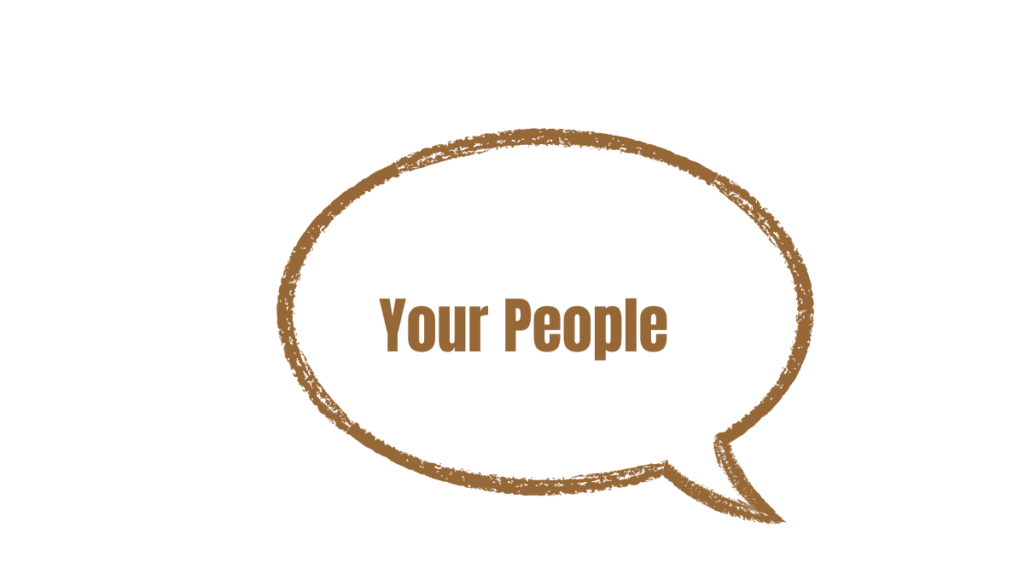
Are Your Stars
People are the greatest resource. They make up the organization. You can’t do everything, you must trust and rely on people both within and outside of your organization.
Choose the right people for the job. Define your expectations, provide people with education, training and resources, treat them thoughtfully and respectfully and reward them for good work. In return expect them to produce great diligence through diligent work.
May the Upcoming New Year Be Your the Best Diligence Year Ever!
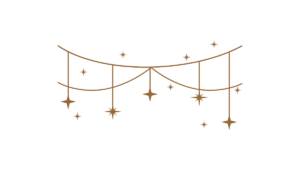
Sign Up to Receive the Diligence File Emails – More Ideas & Resources to Advance Your Diligence
Thank you

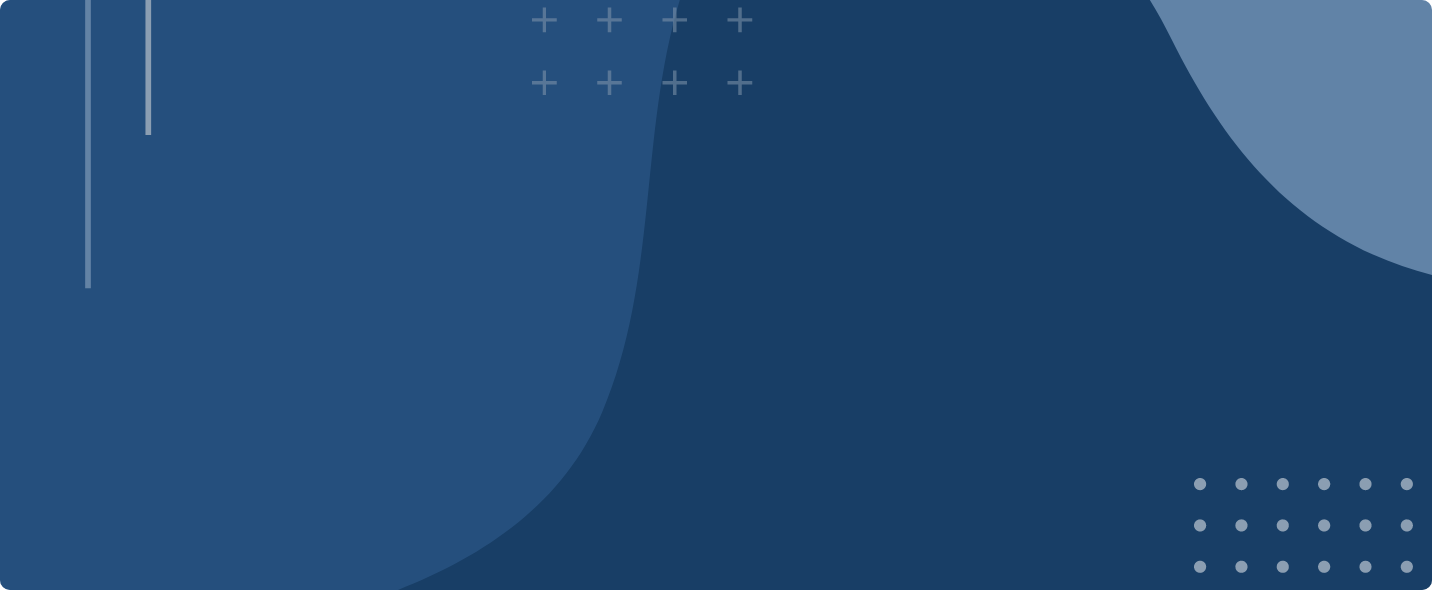
Subscribe for Diligence Updates
Get the latest updates, resources, offers, and more.
"*" indicates required fields
The Diligence File respects your privacy. Privacy Policy